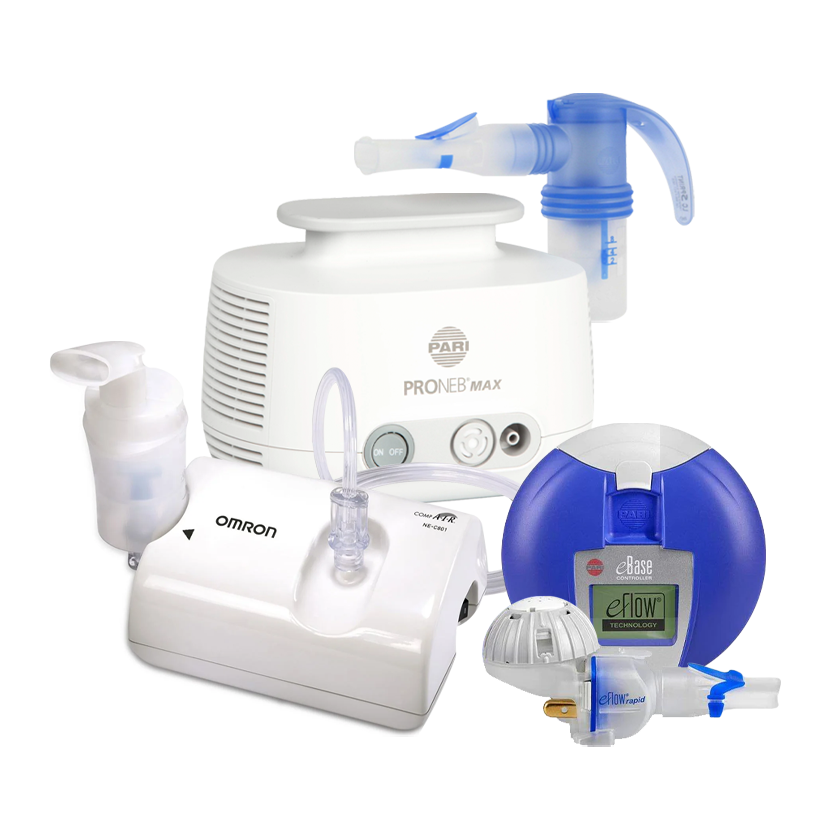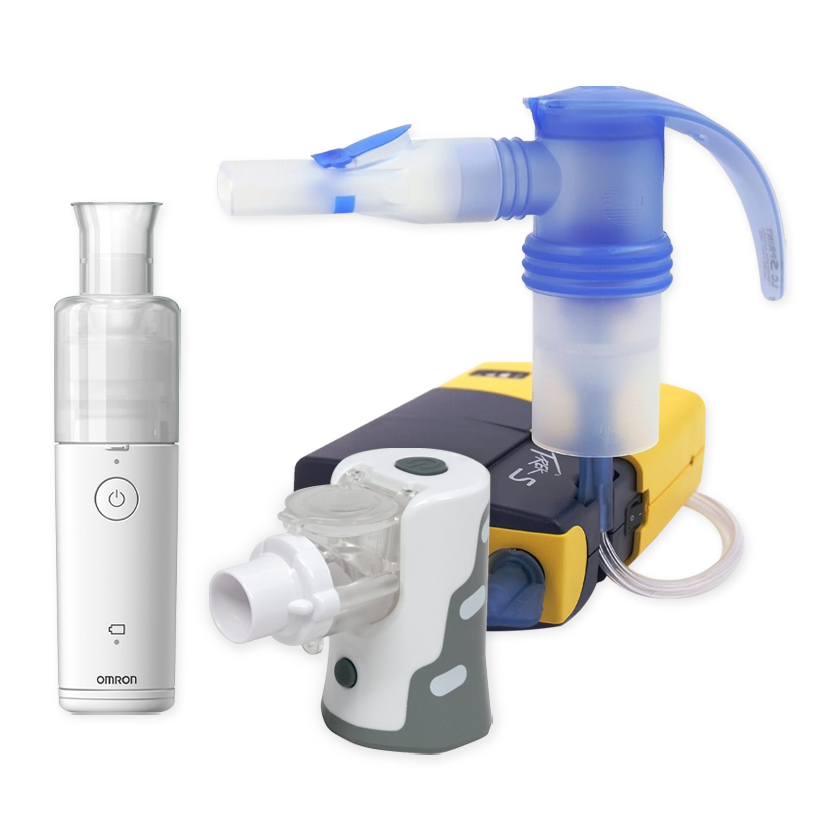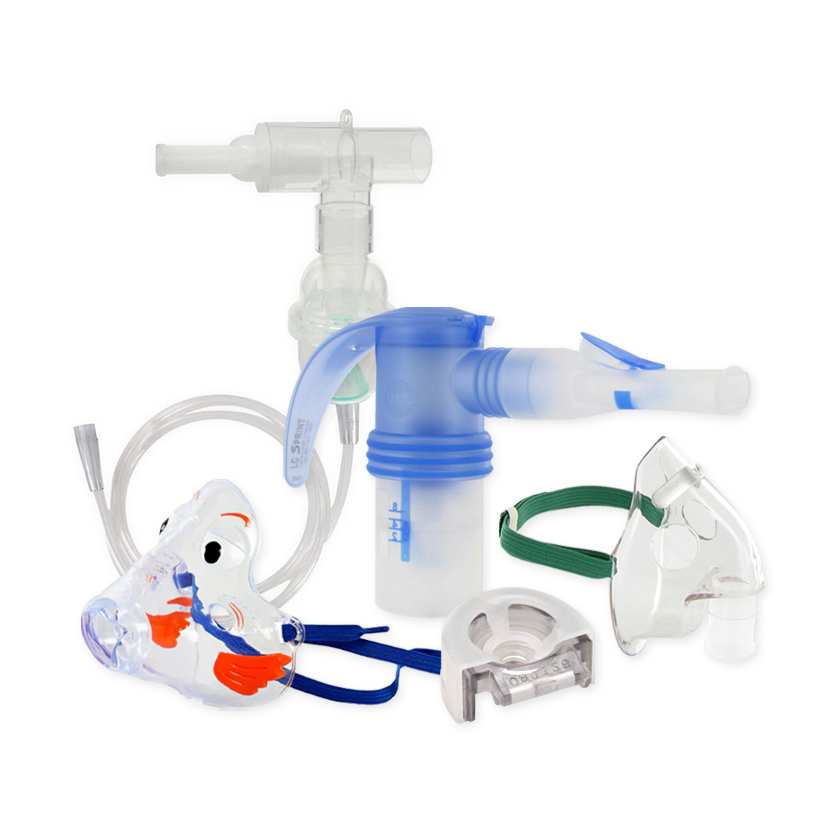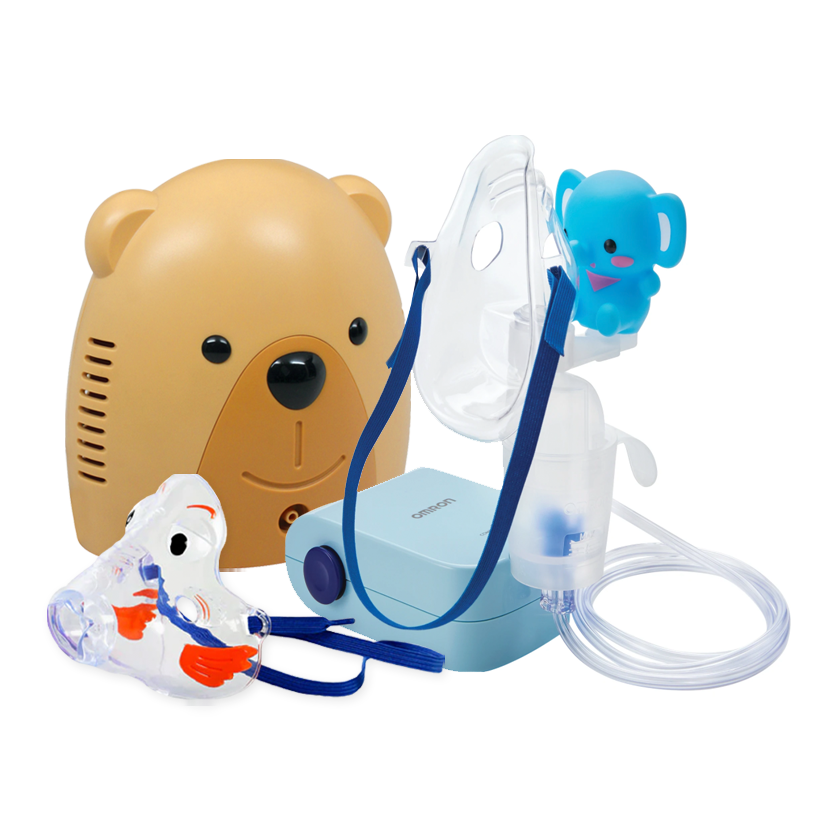Your Cart is Empty
Free Shipping on all orders over $75! Plus, free express shipping on select items.
Menu

Free Shipping on all orders over $75! Plus, free express shipping on select items.
Nebulizer Systems
Travel Nebulizers
Nebulizer Accessories
Just For Kids
Oxygen Supplies
Study Finds Adenotonsillectomies Decrease Asthma Symptoms
December 04, 2014 1 min read
Adenotonsillectomies, the surgical removal of one’s adenoids and tonsils, may decrease asthma symptoms in children according to a new study.
The study looked at the data of over 40,000 children with asthma. 13,506 of them had an adenotonsillectomy. 27,012 of them did not. Those who did have the procedure “showed a sharp decrease in acute asthma exacerbations in contrast with children who didn't.” Their number of emergency room visits due to asthma attacks decreased significantly, as did the number of prescriptions they acquired for asthma medication.
At this point, it’s uncertain why exactly an adenotonsillectomy would ease one’s asthma. But there are three theories.
-
Sometimes people have excessive bacteria in their upper airways, including their tonsils. This buildup of bacteria can then make its way into the lungs and trigger an asthma attack. So without the tonsils, there isn’t as much buildup of bacteria.
-
Proteins called interleukins, which are linked to asthma, decrease after tonsillectomies. However, it’s unknown why they decrease.
-
Children with large tonsils have poor breathing patterns. One of the effects of large tonsils is sleep apnea-- a condition in which one briefly stops breathing several times throughout the night. So once the tonsils are removed, the child’s breathing pattern improves, leading to healthier lungs.
Researchers hope to confirm their new findings with clinical trials, but for now adenotonsillectomies are not a recommended method of asthma treatment. As Dr. Samantha Walker says, “Asthma is a complex condition with a number of triggers and symptoms, so we’d need to see much more research in this area before we could recommend tonsil or adenoid removal.”
Subscribe
Sign up to get the latest on sales, new releases and more …

NEW CUSTOMERS SAVE 10% OFF YOUR FIRST PURCHASE OF $20 OR MORE.
Code will be sent to email entered if applicable
SIGN UP FOR FUTURE SALES, NEW PRODUCTS AND ANNOUNCEMENTS
{"themeColor":"#061f77","iconColor":"#061f77","showLogo":true,"topBottomPosition":0,"rightLeftPosition":5,"iconSize":"large","iconCustomSize":64,"position":"middle-right"}



